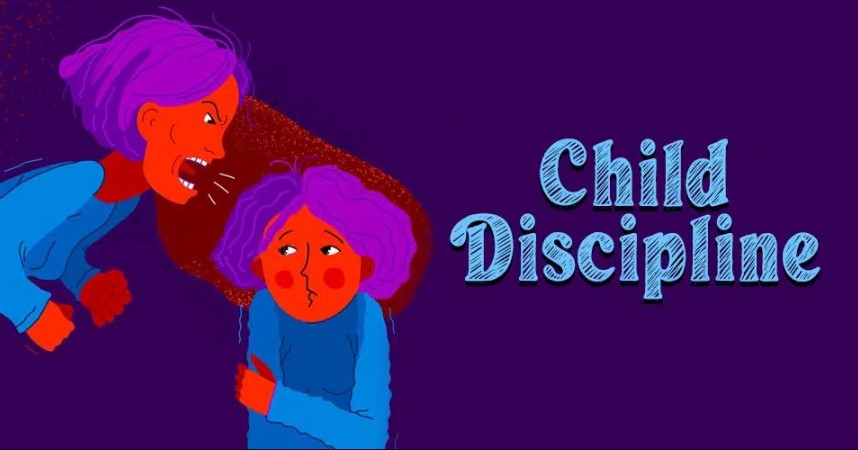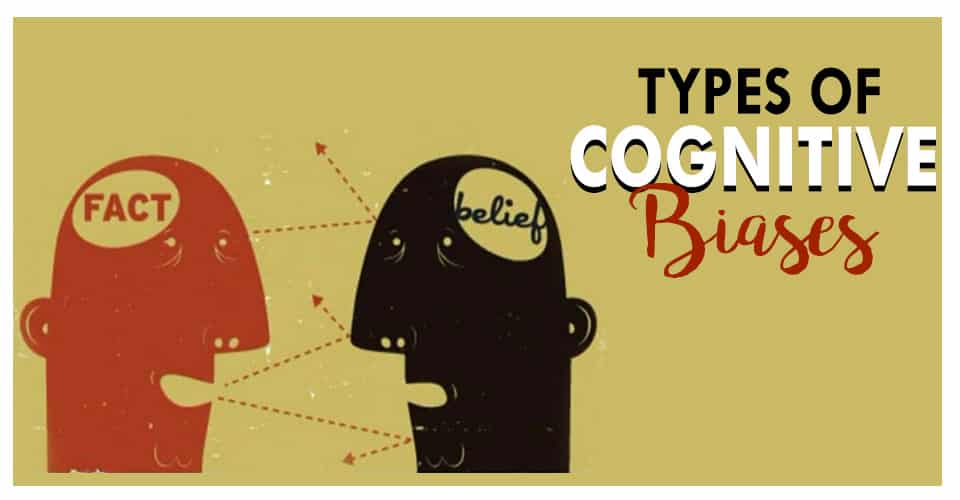Extroversion is a fundamental dimension of personality that involves the social aspect of one’s personality. Extroverts are people who have a preference for seeking, engaging in, and enjoying social interaction.
What Is An Extrovert?
Extroverts can be described as enthusiastic, sociable, talkative, and outgoing. A 2007 study 1 Fleeson W. (2007). Situation-based contingencies underlying trait-content manifestation in behavior. Journal of personality, 75(4), 825–861. https://doi.org/10.1111/j.1467-6494.2007.00458.x pointed out that personality traits are governed by goals. The pursuit of a goal increases or decreases the personality state that facilitates accomplishing the goal. For instance, a person is trying to have fun. In order to achieve this desired end state, this person increases his or her spontaneity (a component of extroverted personality), because spontaneity may lead to excitement.
An individual’s current state is predictable from their current goals. They are happiest when they engage and communicate in social gatherings. Studies 2 Salary, S., & Shaieri, M. R. (2013). Study of the relationship between happiness and dimensions of psychosis, neurosis and personality extraversion. Procedia – Social and Behavioral Sciences, 84, 1143-1148. https://doi.org/10.1016/j.sbspro.2013.06.716 found a positive correlation between extraversion and happiness. People with this personality trait are more inclined to external stimuli and have a strong desire to belong in groups.
Some of the general personality traits of an extrovert can include:
- Seeking new adventures
- Communicating with different people
- Socializing
- Seeking advice from others for ideas and inspiration
- Talking about feelings and thoughts
- Speaking publicly about your opinions
- Feeling uncomfortable and bored when alone
- Being excellent at organizing group activities
- Wanting to be liked by everyone
- Being friendly and approachable
Read More About Extroversion Here.
Signs Of An Extrovert

If you are wondering whether you are an extrovert, here are six signs of an extrovert:
1. Communicating with others
An extrovert loves communicating with friends, family, co-workers. They even enjoy conversing with strangers. A 2002 study 3 Ashton, M. C., Lee, K., & Paunonen, S. V. (2002). What is the central feature of extraversion? Social attention versus reward sensitivity. Journal of personality and social psychology, 83(1), 245–252. pointed out that social engagement and preference for other people’s company is one of the fundamental features of extroversion.
Extroverts also tend to have large social groups. At parties, you will often find them busy networking with other people. They also love talking to people from different backgrounds and cultures. Extroverted people are also found to be extremely active on social media. This makes them feel connected with the world.
2. Socializing with others
Extroverts feel ecstatic when they get to spend time with other people. Social interactions make them energetic and happy. A study 4 Augustine, A. A., & Hemenover, S. H. (2012). Extraversion, social interaction, and affect repair. Encyclopedia of the Sciences of Learning, 1253-1255. https://doi.org/10.1007/978-1-4419-1428-6_1744 pointed out that extrovert people are composed of affective, social, and responsivity components with extraverts experiencing more positive affect, engaging in social interaction to a greater degree, and showing higher levels of reward responsivity. When extroverts have to spend a lot of time being alone, they tend to get upset. A 1980 study 5 Costa, P. T., Jr, & McCrae, R. R. (1980). Influence of extraversion and neuroticism on subjective well-being: happy and unhappy people. Journal of personality and social psychology, 38(4), 668–678. https://doi.org/10.1037//0022-3514.38.4.668 suggests that they have a preference for seeking, engaging in, and enjoying social interactions.
3. Sharing feelings with others
Extrovert people are not hesitant to share feelings with other people. They are not afraid to tell people that things are not working out the way as planned. An extroverted person prefers to discuss their issues while facing a problem. Sharing their feelings with others helps them to feel less stressed. They express their feelings openly without any reservation. A 2020 study 6 Ku, LC., Chan, Sh. & Lai, V.T. Personality Traits and Emotional Word Recognition: An ERP Study. Cogn Affect Behav Neurosci 20, 371–386 (2020). https://doi.org/10.3758/s13415-020-00774-9 pointed out that extroverts are sensitive to positive cues such as agreement, compliments, and self-references. They are also people who are more likely to overshare their feelings which may get annoying for some people.
4. Seeking new experiences
An extrovert loves engaging in new experiences. They are always willing to take risks because of the dopamine rush they feel when they succeed at the task. A 1999 study 7 Depue, R. A., & Collins, P. F. (1999). Neurobiology of the structure of personality: dopamine, facilitation of incentive motivation, and extraversion. The Behavioral and brain sciences, 22(3), 491–569. https://doi.org/10.1017/s0140525x99002046 found that extroverts who take risks and succeed are rewarded with dopamine, a chemical that triggers the reward center of the brain. They never miss an opportunity to enjoy new experiences. Trying new things and meeting new people are what extrovert people are excellent at.
5. Being optimistic
Extroverted people are happy and cheerful people. They are optimistic and have a positive outlook towards life. A 2008 study 8 Steel, P., Schmidt, J., & Shultz, J. (2008). Refining the relationship between personality and subjective well-being. Psychological bulletin, 134(1), 138–161. https://doi.org/10.1037/0033-2909.134.1.138 pointed out that a greater positive affect is experienced by extrovert people when they are involved in satisfying social relationships. They tend to handle difficult situations extremely well.
Read More About Optimism Here
6. Being spontaneous
Extrovert people are known for their spontaneity. They are quick decision-makers and excellent at organizing and carrying out tasks. People with this personality trait are also innovative when faced with a difficult situation.
7. Being friendly and approachable
People who are extroverts are extremely friendly and approachable. They love talking to other people and making friends easily. People find extroverts easy to talk to, especially about their personal issues and often value their advice.
Read More About Friends Here.
8. Being bored when alone
Extroverts dislike being alone. They need to be in social groups to fuel their energy and being alone drains them mentally and emotionally. They crave constant connection from others and they can never stop interacting with other people. A person who is extremely extroverted is more likely to be bored or even feel anxious when they are alone.
Read More About Boredom Here
9. Being a leader and taking charge
Extroverts are naturally born leaders. They are liked by everyone. Hence, they are often the center of attention in social settings or seeking leadership roles in group activities. They are experts in communicating in large groups. Due to this, they make excellent leaders. Extroverts are good at accomplishing goals by persuading others and influencing them to work as a team. A 2017 study 9 Parr, A. D., Lanza, S. T., & Bernthal, P. (2016). Personality Profiles of Effective Leadership Performance in Assessment Centers. Human performance, 29(2), 143–157. https://doi.org/10.1080/08959285.2016.1157596 pointed out by leaders can direct and guide employees, teams, and organizations to be successful and to overcome these obstacles. Another 2002 study 10 Judge, T. A., Bono, J. E., Ilies, R., & Gerhardt, M. W. (2002). Personality and leadership: a qualitative and quantitative review. The Journal of applied psychology, 87(4), 765–780. https://doi.org/10.1037/0021-9010.87.4.765 pointed out that extroversion and conscientiousness are moderately and positively associated with leadership effectiveness.
Reality Of Being An Extrovert
Most people are often a blend of personality traits. In case a person wants to be an extroverted individual it is possible to take actions and make changes to achieve that goal. Personality traits can be modified and improved since people can change personalities over the course of their life.




























